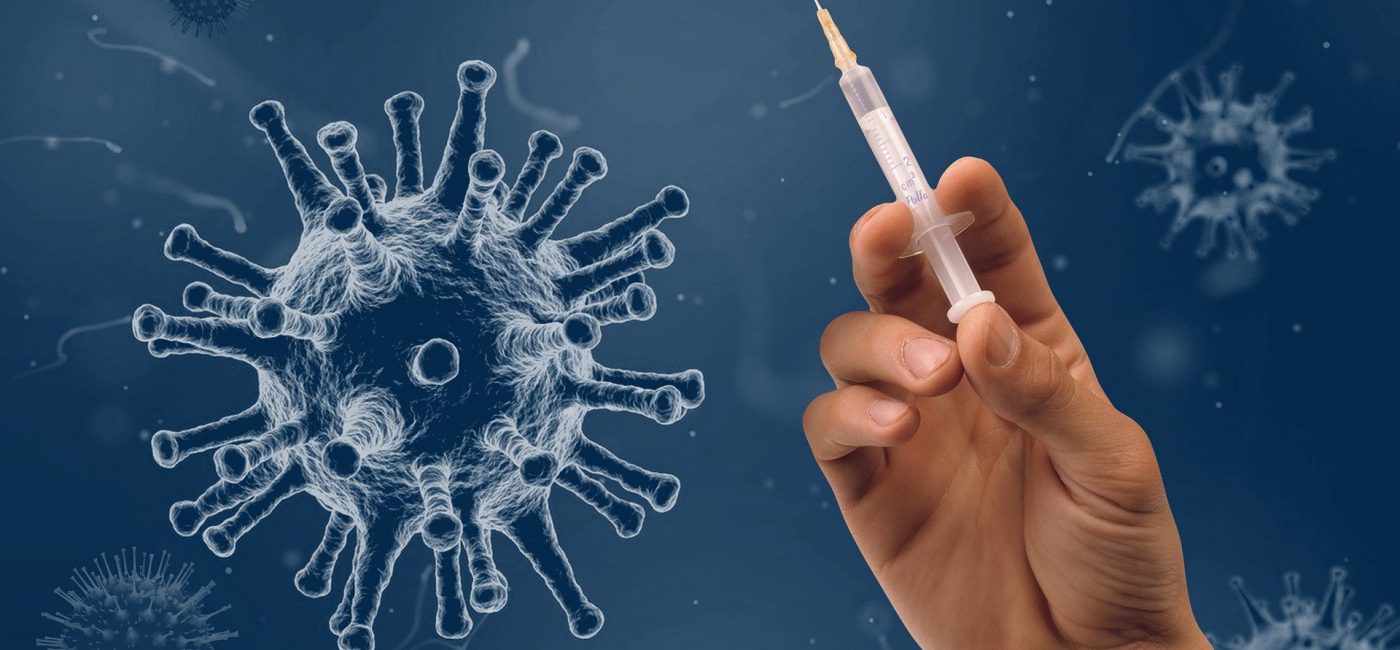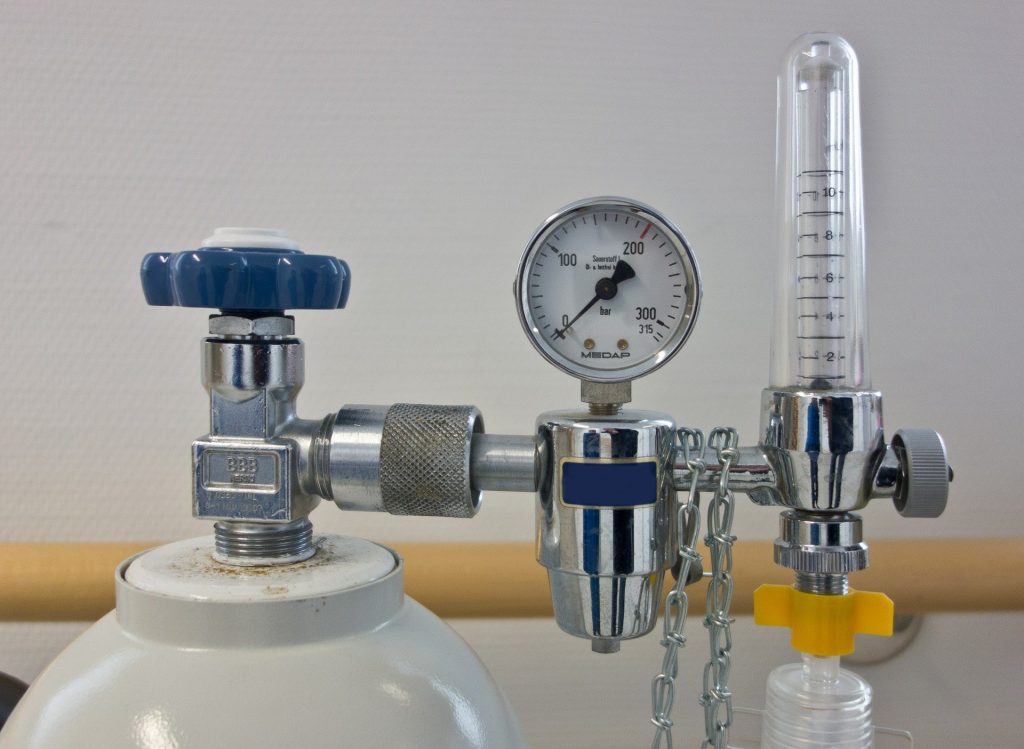General Upendra Dwivedi Takes Command As Chief Of The Army Staff
July 2, 2024

Various mutated forms of Covid-19 viruses, staring from double mutation cases from Vidarbha to triple mutation in Bengal, are spreading in India, staring at the face of a huge population and making mockery of the Indian healthcare system. A developing country aspiring to better its lot among comity of nations, India’s endeavors in recent decades have taken aback many developed countries as to how a huge country, with rural pockets predominating, copes up with challenging difficulties such as COVID-19.
Population and Mobility
India’s size of population dwarfs the population of USA, Canada, Brazil, Mexico, Argentina, entire Western Europe and Russia put together. However, compared to these countries India is poor. The estimates of the World Bank suggest that 80 percent of India’s population live for just $2 a day and it is well-nigh impossible for them to cope up with the COVID virus conundrum, particularly the asymptomatic cases. The governments, both at the center and state levels, have been doing their best through setting up of mega COVID centers to reach out to the poor to save lives. The situation, however grim it may seem, is far better now compared to March 2020, when fight against COVID began. Then the behavior of the virus was little known, now even its mutated variants are studied. In 2020, no vaccine was available, no medication was there; now India has become a leader in vaccine production, providing vaccine to many countries through vaccine diplomacy. Then testing facilities were inadequate, now there is countrywide network of laboratories for various kinds of COVID tests. Then PPE kits and masks were unavailable; now its production is commendably up. In a way India is almost adequately prepared to meet the challenge, but the virus is becoming smarter and positing an unsurmountable challenge.

India’s mobility is poor. Two factors witness this: the shortage of timely oxygen supply and the migrant labor issues from cities to villages. For comparison of means of mobility, facts state that the US has 900 cars per thousand population, Europe 800 and India has just 20 cars. This leads to the ugly scene of labor migration through whichever means they could. A lot depends on quick and independent mobility, which India has been lagging behind. The Nasik hospital human tragedy is an eye opener to quick and effective mobility issues.
Coping with the Crisis
Health in India is a state subject, but states find it difficult to resolve the COVID crisis alone without central help. All possible methods have been tried: from phase-wise lockdown to total lockdown. However, what prevails most is basic common sense. In our childhood, when someone in the school had fever, he/she was not coming to school. Similarly, when someone had measles or viral he/she was not coming, plus taking treatment at home; thus maintaining a social distance. Why cannot we follow the same basics of social distancing and home isolation in this pandemic times? The Prime Minister, in his address to the nation in the evening of 20 April, had suggested community approach by the youth to deal with the disease. He suggested micro containment zones, where and when the COVID virus is most virulent. In this situation, the containment zones decided by the government and police ought to be supplemented by community awareness to overcome the virus crisis. Too many people in India are loitering in the streets, enjoying too much democracy no one has given them. The vaccine cynics politicians add to the plight by saying that Covishield and Covaxins are BJP vaccines. Scientific discoveries cannot belong to any political party; it is universal and beneficial to all inasmuch as the COVID virus does not differentiate between the rich and the poor, between the rulers and the ruled. Such cynicism has to be sternly done away with. When the country is fighting a battle against an unknown virus, the country must stand united with commonsense prevailing most instead of political mileage. The corporate role in adopting vaccine free cities will be a worthwhile gesture in this crisis situation. They too have a responsibility. In the present situation and all must feel a sense of ‘United we stand and divided we fall’.